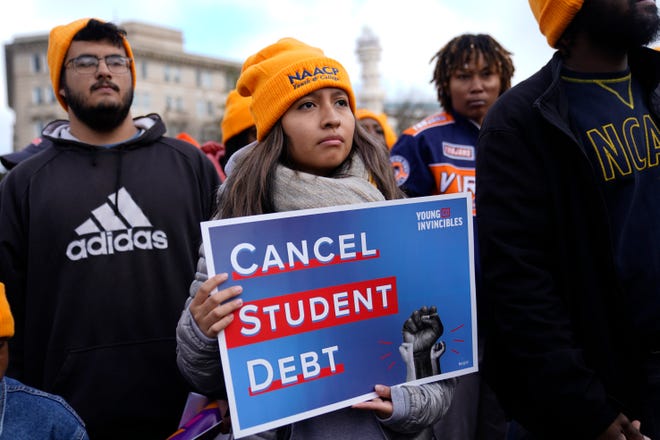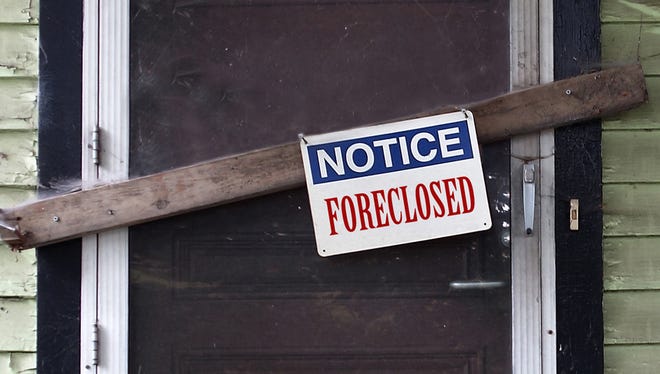During this summer, a team of students from MIT embarked on a journey to the sou …
Researchers will recommend canceling student loan debt for borrowers with income below $71K to Biden panel
Emma Wordsmith

Researchers will present their recommendations to the Education Department’s student loan forgiveness committee on Tuesday. Their findings suggest canceling all student debt for borrowers with household incomes below $71,000. The report, published by the University of California’s Student Loan Law Initiative and the Student Borrower Protection Center, highlights that low credit scores and other outstanding loans are valuable indicators of financial struggles. These metrics, along with bankruptcy and foreclosure, make it increasingly difficult for borrowers to repay their student loans. The researchers will advocate for bold policy actions during the department’s negotiations on a student loan forgiveness plan, which have faced opposition since the Supreme Court ruled against the president’s initial proposal. Despite the challenges, the researchers’ insights shed light on the impact of student debt on individuals’ financial health, leading them to recommend complete debt cancellation for borrowers in the lower income range and limiting the total debt load for middle-income borrowers. The timeline for implementing any relief measures remains uncertain and may face delays due to the regulatory process and potential legal battles.
In their recent report, researchers have analyzed credit reporting data to identify the factors that contribute to borrowers’ difficulties in repaying student loans. They highlight six hardship indicators, including credit scores, outstanding mortgage balances, unsecured credit utilization, severe delinquency on loans, adverse legal proceedings (such as foreclosures and bankruptcy), and progress in paying back car loans. By comparing these metrics with borrowers’ outstanding student loans and income levels, the researchers recommend full debt cancellation for borrowers in the lower half of the income distribution. For middle-income borrowers, earning between $71,000 and $131,500, they advise the department to limit the total student debt load to one-third of their annual income.
What prevents people from paying down their loans?

The loan forgiveness panel will discuss the researchers’ work on Tuesday, as requested by one of the negotiators representing legal assistance organizations. However, the implementation of any relief measures is expected to take considerable time, with a finalized version of Biden’s “Plan B” potentially not arriving until May at the earliest. The regulatory process and potential legal challenges may further delay its implementation.


